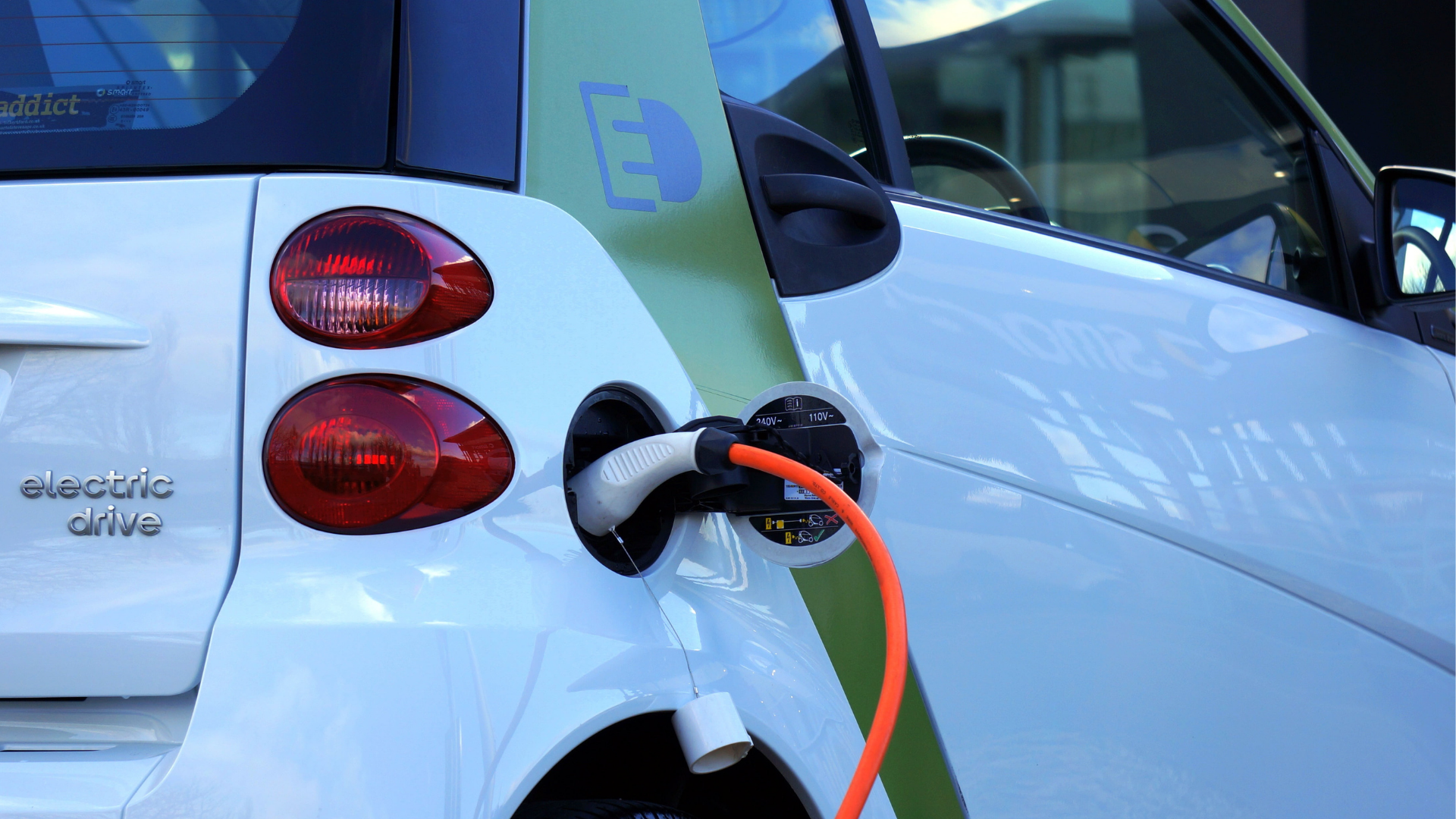They need to be charged up, though, which can take longer than your typical trip to the garage.
According to Autocar, there are three main ways to “fill up” an EV: at home, at work or using a public charging point. Charging times vary from as quickly as 30 minutes to as long as 12 hours, depending on the battery’s size and the charger’s power.
Transport & Environment, a campaign group that has helped shape Europe’s environmental laws, says road transport is Europe’s largest source of CO2 emissions, accounting for 20 per cent of all emissions.
They claim electric cars are “by far” the most efficient and convenient way to reduce emissions.
According to their research, electric cars in Europe emit three times less CO2 than equivalent petrol or diesel cars.
When petrol and diesel, which are produced from fossil fuels, are burnt, this combustion releases chemicals, including carbon dioxide and greenhouse gases. This traps heat in the earth’s atmosphere, causing global warming and heating up the earth’s atmosphere and oceans.
Advertising helps fund Big Issue’s mission to end poverty
You can also get hybrid vehicles that use a combination of fossil fuels and electricity.
What are the problems with electric vehicles?
Despite the obvious environmental benefits, switching to an EV is a costly and complicated process.
It is not feasible for many to buy a brand new car, particularly when some of the cheapest can break the £20,000 barrier.
And for those who can make the switch, electric cars are perceived to be less reliable than those which run on old fashioned petrol or diesel.
Others cannot charge their vehicles at home or live far away from a charging point.
Advertising helps fund Big Issue’s mission to end poverty
According to a 2019 survey, so-called “range anxiety” was still the biggest turn-off for people considering making the switch.
This is when car owners aren’t sure whether they will be able to travel long distances or make their charging point before running out of juice.
How many electric vehicles are there in the UK?
Even in 2021, the number of electric cars on the roads is dwarfed by conventional vehicles.
According to AutoExpress, 8.8 million UK cars ran on petrol in 2019, with 12.3 million running on diesel.
But according to nextgreencar, the electric car market is growing “quickly” in the UK.
At the end of February 2021, there were 215,000 pure-electric cars on the road, with 455,000 plug-in models in total when including hybrids.
Advertising helps fund Big Issue’s mission to end poverty
And it looks like this number will continue to grow, as the UK Government has committed to phasing out the sale of most new petrol and diesel cars from 2030 onwards.
Prime Minister Boris Johnson made the pledge as part of the UK’s ten-point plan for a green industrial revolution to help the UK reach its net-zero target by 2050.
He announced the ambitious project would create 250,000 high skilled jobs in industries such as electric vehicle manufacture. But now, Labour has come out and said ministers must do more.
What is Labour calling for?
Labour is hoping to tackle these issues, calling for an “electric car revolution” to make owning a zero-emission vehicle an option for all.
Miliband said the party’s plans would secure the future of the car manufacturing industry and boost employment, promising to:
Advertising helps fund Big Issue’s mission to end poverty
- Part-finance the creation of three new, additional “gigafactories” to make electric car batteries
- Offer interest-free loans for new and used electric vehicles to those on low to middle incomes
- Trial a national scrappage scheme where people can claim for getting rid of old and polluting vehicles
- Acceleratethe roll-out of charging points on streets and targeting “left behind” areas like Yorkshire, the North West and the West Midlands
A one-off, £30 billion “green economic recovery” stimulus package would fund the policies he said, Labour said, and called on the Government to part-finance the “gigafactories” immediately so they were in place by 2025.
“While it’s right that the Government has said the sale of new petrol and diesel cars will end, it’s wrong it is imposing a massive transition on our manufacturers from Whitehall then washing its hands of responsibility,” Miliband added.
“It’s not fair, it will damage our manufacturers, and it will mean losing out on the chance to be the world leader in the electric vehicle market.
“Labour would back our manufacturers and the communities with proud histories in the industry, but the Government is asleep at the wheel.”
What is the Government’s response to Labour’s plans?
Ministers point to the prime minister’s announcement of £500 million to support battery manufacturing, including gigafactories and other strategically important technologies, through the Automotive Transformation Fund (ATF) over the next four years. This was revealed as part of the ten-point plan.
Advertising helps fund Big Issue’s mission to end poverty
The Government also claim that a driver is never more than 25 miles away from a rapid chargepoint anywhere along England’s motorways and major A roads.
“We’re investing up to £2.8 billion in driving the switch to electric vehicles, working with industry to support the installation of thousands of chargepoints, and boosting the development of new technologies through the Automotive Transformation Fund,” said a Government spokesperson.
“Last year, SMMT stats show more than 1 in 10 cars sold in the UK had a plug, showing that the electric vehicle revolution is already happening up and down the country.”









